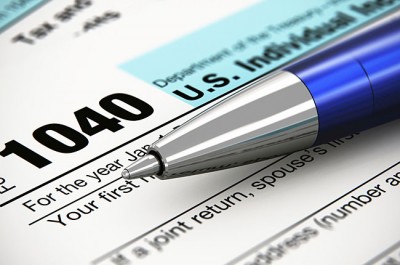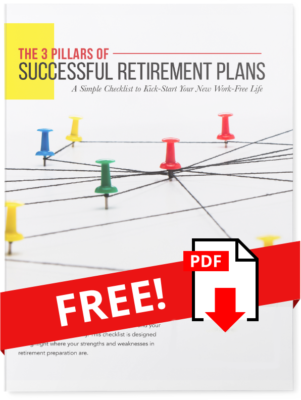 To quote the late Chief Justice John Marshall, “The power to tax is the power to destroy.” That’s why managing your portfolio in a tax-efficient manner should be an increasingly important part of your investment strategy—especially given the looming risk of higher taxation. After all, what really matters in the long-term is not your pre-tax returns, but what you get to keep after you pay the powers that tax.
To quote the late Chief Justice John Marshall, “The power to tax is the power to destroy.” That’s why managing your portfolio in a tax-efficient manner should be an increasingly important part of your investment strategy—especially given the looming risk of higher taxation. After all, what really matters in the long-term is not your pre-tax returns, but what you get to keep after you pay the powers that tax.
In addition to higher expected taxes on dividends, many investors expect long-term capital gains tax rates to increase from 15% to 20% or more in 2013. In anticipation of these higher rates, investors are selling for taxable gains this year rather than next. Though selling investments for the sole purpose of paying less tax can be beneficial, it does present potential risks. Investors would be wise to consider the following example before proceeding with such a strategy:
- If an investor sold today an S&P 500 index fund for $100,000 in a taxable account—which had a cost basis of $90,000—a $10,000 taxable gain would be realized. Assuming the $10,000 gain is long-term and taxed at 15%, $1,500 would be due to Uncle Sam—compared to possibly $2,000 next year should long-term rates increase from 15% to 20%.
- Let’s assume this investor was right and the capital gains tax rate increased from 15% to 20%. The investor’s tax bill would be $500 lower at 15% than at 20%. But what if the investor bought back the index fund at $100,000—with the aim of staying in the market—but then the market declined the following year by 10%?
- The 10% market decline would result in the investment declining 10%, to $90,000. Regardless of whether the tax rate changed from 15% to 20% in 2013, the investor would have paid $1,500 in taxes on a gain that no longer exists!
If the market went up rather than down, the investor would be better off buying back the shares rather than taking the risk of missing out on future market gains. But such a scenario begs the question: Should investors wait to buy back funds on anticipation that the market will decline? The answer would be yes if the investor knew for certain the exact timing of such an outcome. We know, however, that when it comes to investing, there are no crystal balls to show us the future. What we do know for sure is that short-term market performance is far from certain.


Leave a Reply
You must be logged in to post a comment.